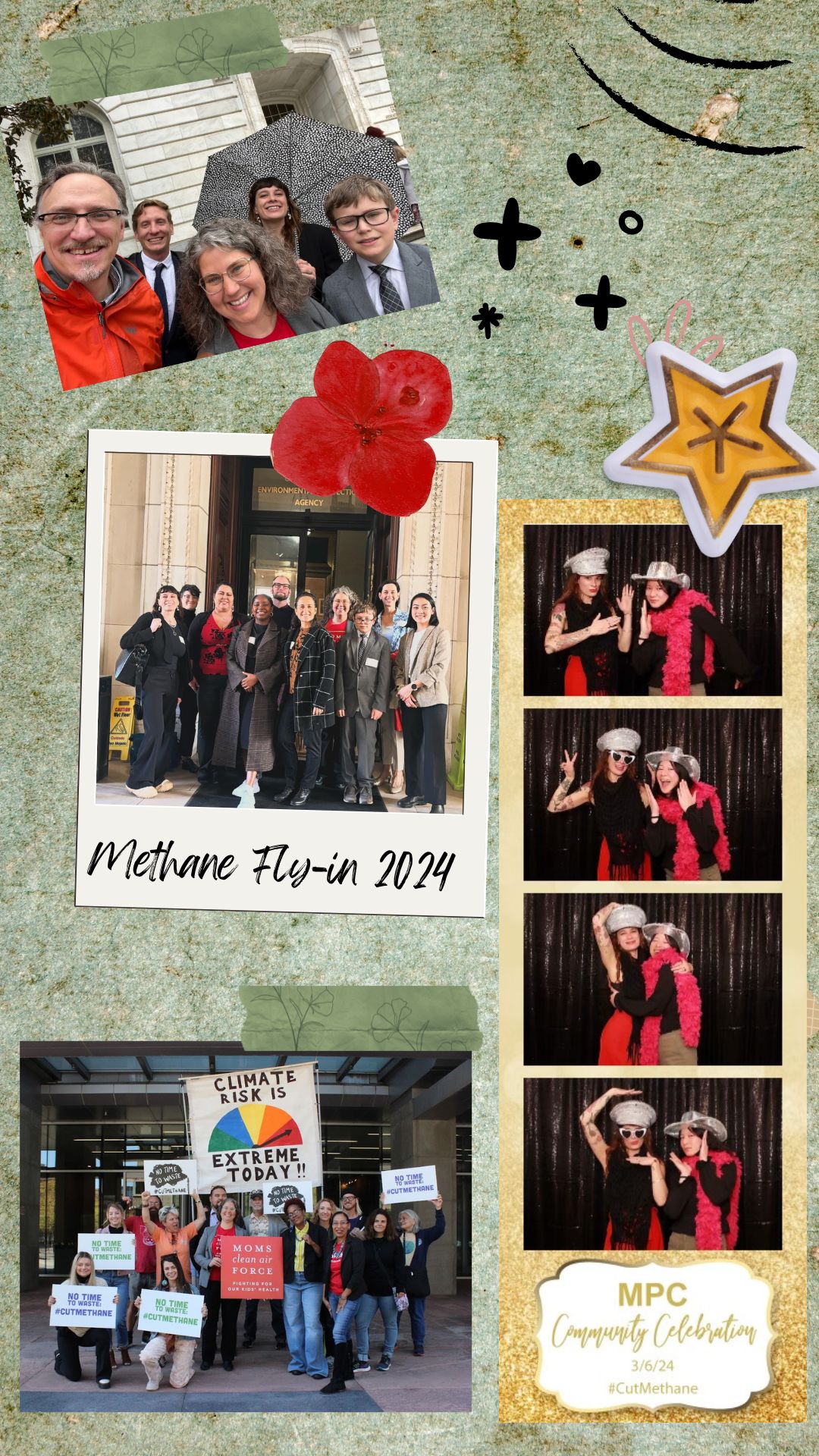After graduating and getting my Bachelors in Environmental Communications at Colorado State University (CSU), I was hired as a fellow for The Methane Partners Campaign. Throughout my time as a fellow, I learned how to advocate for methane regulations within the oil and gas sector both statewide and federally, and an example of a rule we were heavily involved in passing was the EPA Methane Rule. This regulatory framework aims to reduce methane emissions in the oil and gas industry through stricter monitoring, reporting, and control standards. Some of the key components include:
Leak Detection and Repair (LDAR): Requires companies to regularly inspect their facilities for methane leaks and repair them promptly.
Flaring Restrictions: Limits or bans the flaring (burning) of methane during oil production, pushing companies to either capture and sell the gas or reinject it into the ground.
Equipment Standards: Companies are required to install advanced technologies and equipment designed to limit methane emissions, such as improved valves and compressors.
Monitoring of New and Existing Sources: Guidelines for both new and modified oil and gas sources, as well as efforts to address emissions from older wells and facilities.
This event then became the first rally that I organized and led. While we did have a successful day, The EPA Methane Rule would not be passed until a year later in October of 2023 at COP28.
After my 6th month fellowship ended, I was then contracted as the Colorado Methane Campaign Coordinator for a year where I lead our weekly coalition call, continued advocating for methane regulations both statewide and federally, hosted methane webinars to educate others on the importance of methane, and even organized a Methane Day of Visibility outside the Denver EPA offices.
